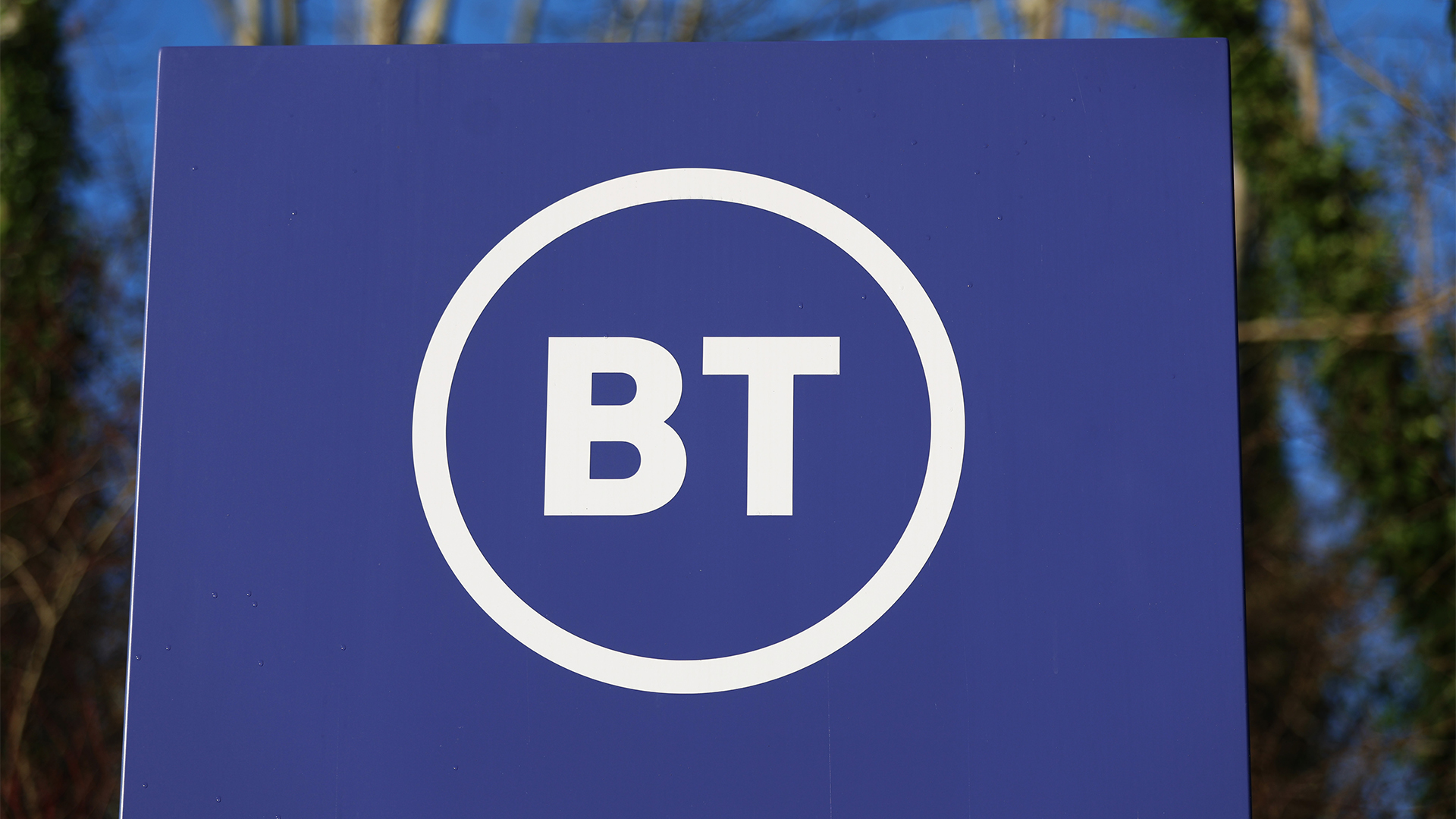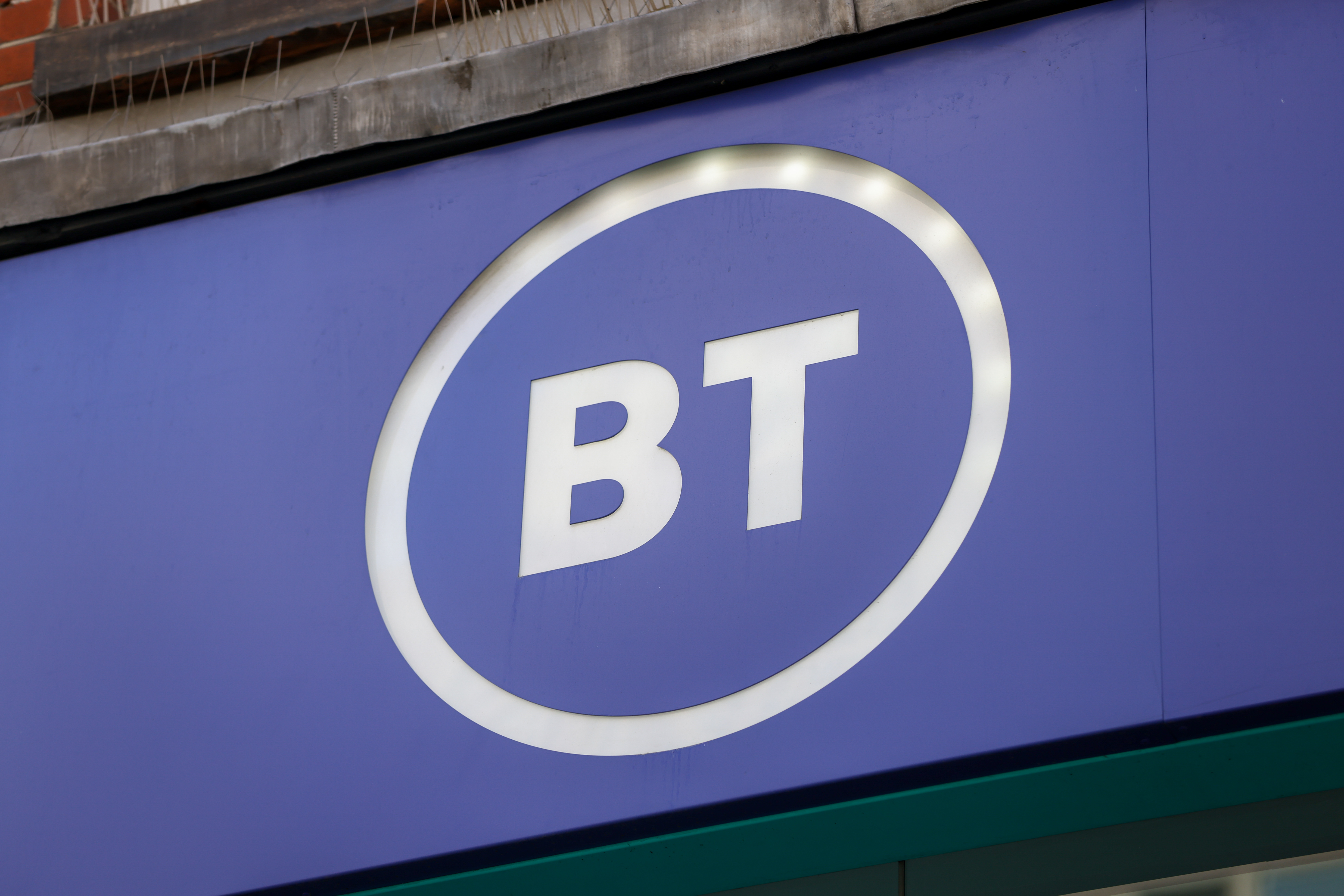New year: new suppliers
Inside the enterprise: consumers seem keener than businesses to switch suppliers. But reviewing contracts is an easy way to cut costs.

After the excesses of Christmas and New Year, it is little wonder that January sees a plethora of tips, especially in the popular press, for losing weight and saving money.
Indeed, the more proactive PR firms send these "feature ideas" out well before December.
But among the exercise regimes and the make-do-and-mend suggestions, one piece of research, from ISP Review stood out. According to the website, one in three consumers are considering switching their broadband provider this year.
Cutting down on over-priced or over-specified broadband is a fairly painless way to stretch the family finances. And it is a trick that businesses, and not just smaller businesses, could copy.
For SMEs, switching broadband or indeed telecoms suppliers is a fairly simple process: use a comparison site, or Google, to shop around for a better deal, request a MAC (migration authorisation code), and sign up with the new provider.
There are a couple of caveats, such as checking on any fees to terminate the existing contract, and ensuring that if the business uses ISP-based email (not usually a great idea anyway) that mail services and any domains are transferred. All in all, it should be done in a couple of weeks, and the savings, in percentage terms, are
significant. There are business-grade ADSL deals out there
Get the ITPro daily newsletter
Sign up today and you will receive a free copy of our Future Focus 2025 report - the leading guidance on AI, cybersecurity and other IT challenges as per 700+ senior executives
for 10 a month, but plenty of companies on legacy contracts pay 25 or more for fairly basic internet connections.
For larger businesses, or those that make more demands of their internet pipe, it is a little more complicated. But there are also some more interesting options.
Companies that do not rely too heavily on their broadband might, for example, be able to switch from an expensive, dedicated leased line to business-grade DSL, and save a significant monthly sum. ADSL2, especially Annex M, provides upload speeds of over 1Mbps: more than enough for IP telephony, for example. Put in two bonded connections, and there's the added benefit of additional redundancy as well as more bandwidth.
But companies should also look at products such as metro Ethernet, and also fibre from the likes of BT and Virgin Media. BT, for example, has been rolling out its fibre connections to more towns over the last year, and
Virgin Media now has services designed specifically for data-heavy applications.
Even if these products do not suit, the fact they are available should be a useful tool for renegotiating with existing suppliers.
That, really, should be the lesson businesses draw from squeezed consumers. With the outlook for 2012 still uncertain, it makes sense to keep the fixed costs of doing business as low as possible.
And if that means spending some time on researching broadband, telecoms and mobile contracts or even software licences, support deals and other outgoings and giving suppliers a hard time when the contracts are due for renewal, so be it. It's your money after all.
Stephen Pritchard is a contributing editor at IT Pro.
-
 Should AI PCs be part of your next hardware refresh?
Should AI PCs be part of your next hardware refresh?AI PCs are fast becoming a business staple and a surefire way to future-proof your business
By Bobby Hellard Published
-
 Westcon-Comstor and Vectra AI launch brace of new channel initiatives
Westcon-Comstor and Vectra AI launch brace of new channel initiativesNews Westcon-Comstor and Vectra AI have announced the launch of two new channel growth initiatives focused on the managed security service provider (MSSP) space and AWS Marketplace.
By Daniel Todd Published
-
 The role of ISPs in the connected world now and in the future
The role of ISPs in the connected world now and in the futureSupported Content The role of the ISP has grown precipitously as the world becomes increasingly reliant on staying connected, but they must now adapt to changing times…
By Solomon Klappholz Published
-
 Equinix acquires BT's Irish data centers in €59 million deal
Equinix acquires BT's Irish data centers in €59 million dealNews As BT moves to an asset-light business model, Equinix looks to expand
By Emma Woollacott Published
-
 BT just extended the PSTN switch-off deadline — here’s what you need to know
BT just extended the PSTN switch-off deadline — here’s what you need to knowNews BT described the move as a “revision”, citing a series of improvements to the wider PSTN switch-off programme
By George Fitzmaurice Published
-
 BT misses key Huawei kit removal deadline, but the telco is “almost over the line”
BT misses key Huawei kit removal deadline, but the telco is “almost over the line”News BT is still reliant on non-compliant Huawei equipment for 2G and 3G services
By Ross Kelly Published
-
 BT partners with HPE to deliver new global managed LAN service
BT partners with HPE to deliver new global managed LAN serviceNews The latest collaboration combines BT’s connectivity expertise with HPE Aruba Networking’s latest LAN solutions
By Daniel Todd Published
-
 Making the switch
Making the switchWhitepaper Realise the benefits of IP technology ahead of the digital ‘switch-on’
By ITPro Last updated
-
 BT and OneWeb succeed in "game changer" satellite connection trial
BT and OneWeb succeed in "game changer" satellite connection trialNews Smaller businesses in rural areas could benefit from improvements to backhaul services using satellites, with speeds increasing by an order of magnitude
By Rory Bathgate Published
-
 BT, Nokia crack four carrier aggregation on a 5G network in first for Europe
BT, Nokia crack four carrier aggregation on a 5G network in first for EuropeNews The breakthrough marks the first successful use of such technology on a live network, and could lead to dramatic network improvements
By Rory Bathgate Published